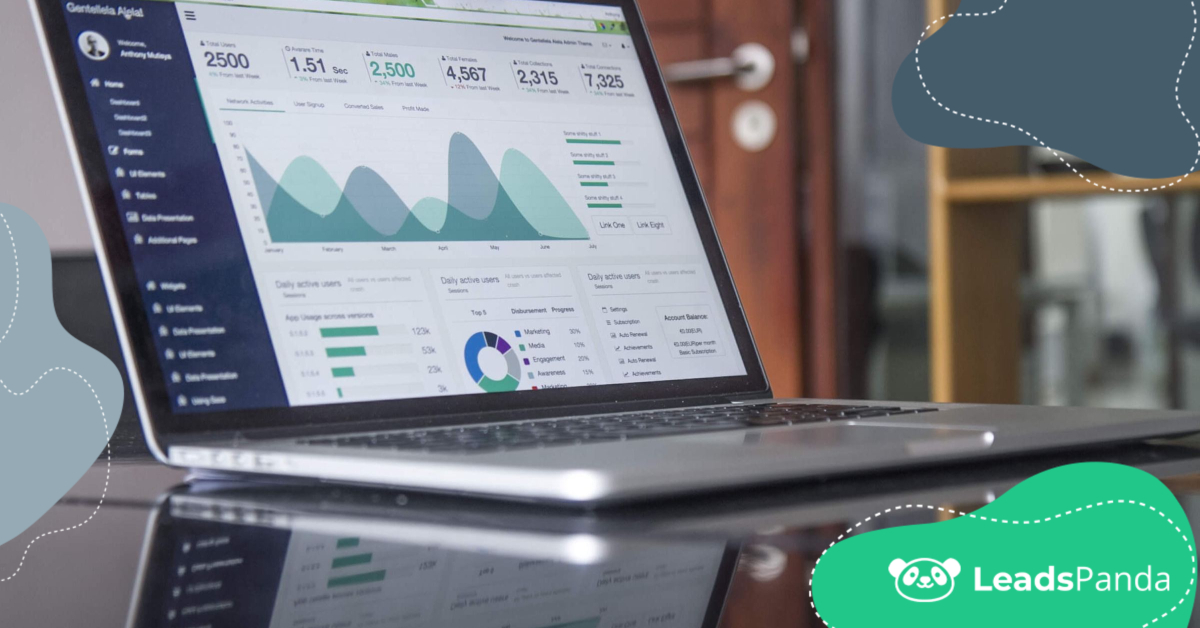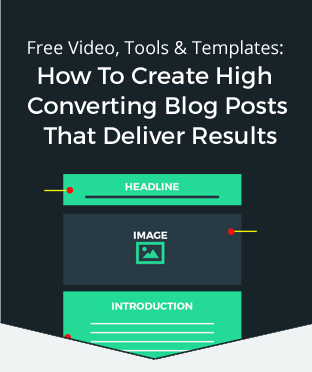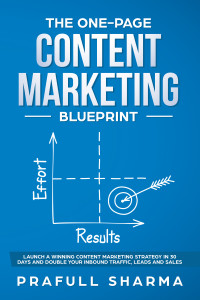How to Drive ROI With B2B Content Marketing
In an industry filled with the challenges of long sales cycles, multiple decision-makers at the helm, and an extended closing process, the B2B industry is both unique and demanding. Included in these demands is the measurement of your company’s ROI, or return on investment.
As the ROI Guy tells us, a B2B content marketing approach cannot be a generic, inward focused sales pitch; this creates a buyer disconnect and fails to achieve the purpose of a personal, solution-focused approach. Boosting ROI can be achieved in a number of ways, including email, social media, and yes, content marketing.
Have you thought about how your business uses content marketing to drive your ROI? Every industry leader should be on board with creating content that is worthwhile, that serves a purpose, and that contributes toward the end goal of success.
How to Calculate Your Content Marketing ROI
Jeff Josephson offers up some tips on calculating the ROI for your B2B business, which include:
- Content marketers need to know and identify the potential lead, and then track that lead all through the sales cycle.
- Content marketers need to calculate the cost of qualifying and converting that lead.
- Pinpoint the anticipated revenue and subtract the marketing expenses to arrive at the net revenue. Divide that number by the expense to calculate the ROI. This is how much return was produced.
How to Boost B2B Content Marketing ROI
B2B Content marketing presents its own set of challenges but remains an integral piece of success in the industry. Content continues to be the top focus in 2015, with 70 percent of organizations producing more content over last year.
In the same report from CMI, a meager 21 percent of B2B marketers claim to be successful at tracking ROI on their content marketing programs. There is no doubt this challenge can prove a barrier in deciding where to invest resource for a business. Here are three tips for driving and measuring content marketing ROI:
- Using your content marketing to boost ROI is not as complicated as it may seem. First, set some goals to raise awareness, focus on the audience, and drive conversion. Understand your customers, both as a whole business and as an individual head of the purchasing decision. Map your sales cycle and look at how your customers seek you out.
- While marketers continue to work on more engaging content and measuring ROI, B2B content creators would do well to think about measurement throughout the whole process and align metrics to meet the needs of key stakeholders. It is obviously impossible to measure each and every piece of information, so remember to focus time and attention on that which matters most. Will you focus on likes and shares or leads and revenue?
- Consider content an “invitation to engage”, inviting the buyer in and leading to a greater measurement of ROI. In the case of content, it needs to be not only valuable and relevant but connected to be aligned with advertising in order to improve a company’s return on investment. Creating content just for the sake of it is a waste of your company’s time and resources; create quality content with the end result in mind, maximizing your efforts and manpower.
Enhance Your Content Marketing Using The Buying Cycle
Different stages of the B2B buying cycle demands different content solutions. As the business begins this journey with realizing its need, moves onto identifying the possible solutions, searches for the solutions, and gets closer to the final decision, the buyer’s behaviour changes a bit for each step. As a response to this behaviour, content marketing should also change; this varies, from a casual and informative response in the beginning to a specific and strong presence toward the end. Have a plan for the early-stage, the mid-stage, and the late-stage leads.
Your content marketing can be a successful factor in guiding ROI. Take a look at these 15 case studies which are witness to how content marketing drives ROI for B2B business, then consider how your own company is using these techniques.
How is your B2B company using content marketing to guide ROI? Is there a team effort to focus on measurement from the beginning?
Share This Story
Get the latest growth ideas, strategies, and best practices delivered to your inbox.
Quick read that helps 7000+ subscribers.








